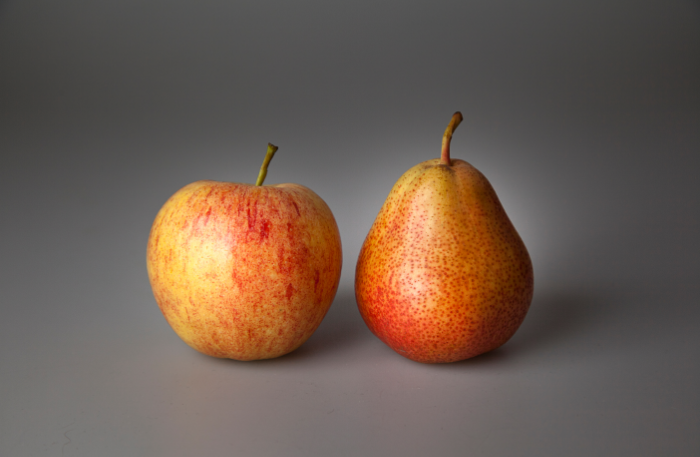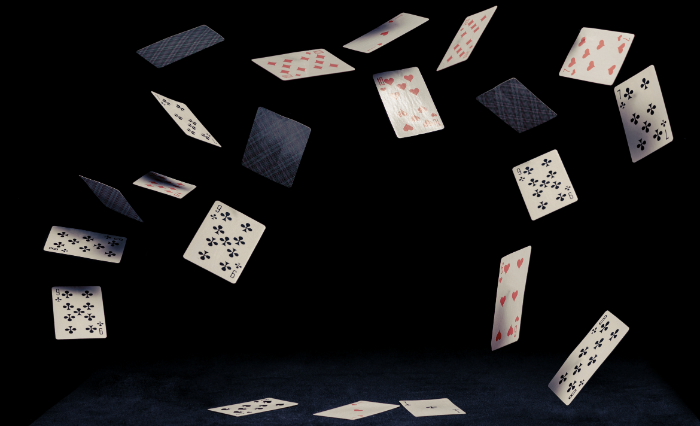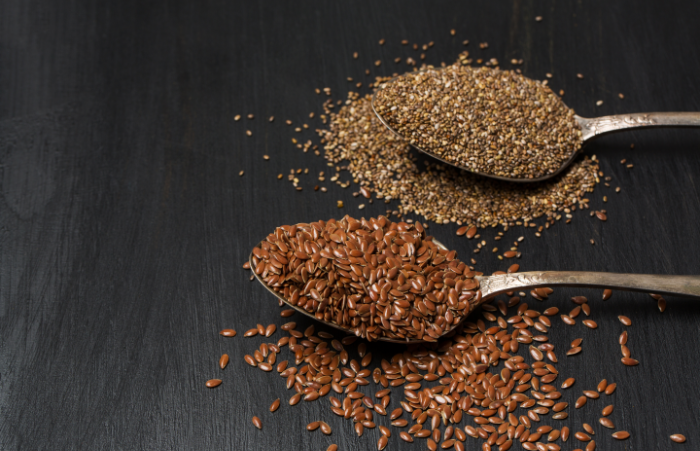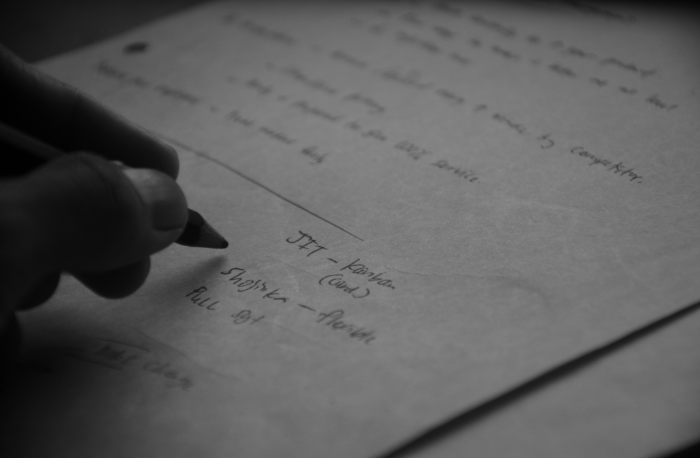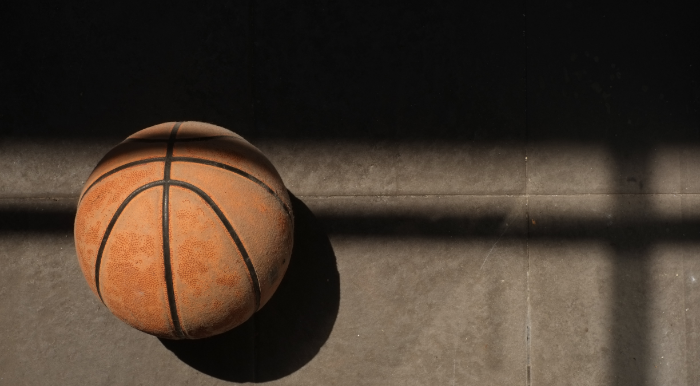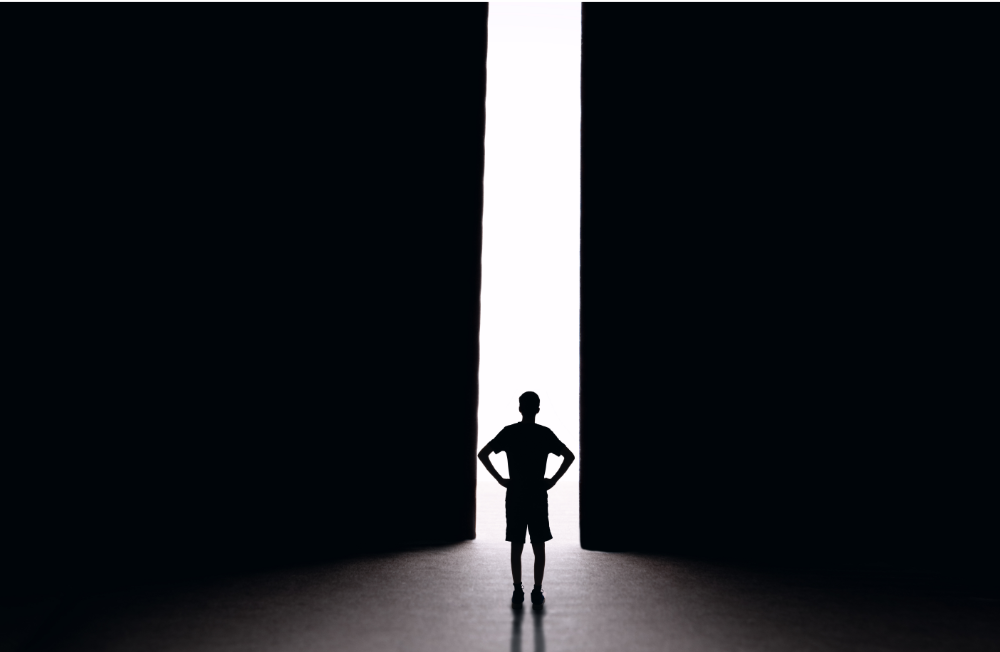Sometimes I Think of Acceptance as a Quiet Force
Sometimes I think of acceptance as a quiet force, like a weed pushing through a crack in the sidewalk. Botanists call this process imbibition—when a seed or plant tissue absorbs water and swells, generating enough pressure to split rock or asphalt. There’s no resistance, no argument with its environment. The plant doesn’t curse the concrete or demand an easier path. It simply accepts what is and grows through it.
That image reminds me that acceptance is not weakness or surrender. It’s strength expressed in a gentler form—the kind of strength that bends but doesn’t break, that finds light where there seems to be none.
The Stoic philosopher Epictetus captured this spirit centuries ago when he wrote:
“Don’t seek for everything to happen as you wish it would, but rather wish that everything happens as it actually will—then your life will flow well.”
When Life Refuses to Follow Our Script
Even though Epictetus lived about two millennia ago, his wisdom seems uncomfortably relevant today. Most of us try to change the world to suit our plans throughout the day. We convince ourselves that happiness is only a step away from the next difficulty handled, the following helpful person, or the subsequent fortunate development. However, life rarely goes according to plan because of its tenacity.
The Stoics urged a radical shift in perspective: stop demanding that events obey your desires and instead align your desires with reality. Focus only on what is within your control—your actions, thoughts, and attitude—and release everything else. It’s a discipline of perception and response.
I’ve seen this truth play out in my own work. In pharmacy, for example, no two days ever went entirely as planned. A shipment would be delayed, a patient’s insurance would suddenly reject a claim, or an emergency would draw all hands to the counter. Early in my career, I fought every disruption, determined to “fix” it all. Over time, I learned that calm efficiency came not from controlling chaos but from moving with it—anchored by the things within my grasp and unburdened by what wasn’t.
Acceptance, as Epictetus taught, is not resignation; it’s intelligent focus. It’s choosing not to waste energy on the immovable, so that you can give your best to what can still be shaped.
From Stoicism to Surfing
Fast-forward two millennia, and a modern voice echoes this same truth with oceanic grace. J. Johnson wrote in Music Teacher, 66 (1). 19–22 in his article The Self-Compassionate Musician: Learning to Love Yourself Through Music Making and Teaching, referred to a quotation from Jon Kabat-Zinn, founder of mindfulness-based stress reduction, who wrote:
“You can’t stop the waves, but you can learn to surf.”
It’s the same philosophy, translated from the language of reason to the language of awareness. Where Stoicism disciplines the mind, mindfulness softens it. Kabat-Zinn reminds us that life’s waves—stress, disappointment, uncertainty—are inevitable. Trying to stop them is futile. The only sustainable path is to find our balance atop them.
In mindfulness practice, we learn to observe thoughts and emotions without judgment. We notice the swell of anxiety or irritation and recognize it for what it is—transient energy, not a personal failure. Like a surfer reading the tide, we learn when to paddle, when to wait, and when to ride.
There were many moments in my writing life when I felt those waves. A rejected essay, a stalled idea, an unexpected pivot from a steady career into uncertain creative waters. Each time, resistance made me sink faster. But the moment I stopped fighting the current and stayed present—listening, learning, breathing—the water carried me forward in its own way. Acceptance didn’t erase the challenge, but it restored my balance.
The Practice of Acceptance
Acceptance sounds simple, but it’s one of the hardest disciplines to live with. It asks us to release control in a world that glorifies control, to trust movement when we crave stillness, and to believe that peace can coexist with imperfection.
How can we practice it?
Pause before reacting. When frustration arises, take one conscious breath. That single moment creates space between stimulus and response—the birthplace of freedom.
Name what’s within your control. You can guide your words, your tone, your effort—but not other people’s choices or the randomness of outcomes.
Reframe the obstacle. Instead of asking, Why is this happening to me? ask, What might this be teaching me?
Return to presence. Acceptance thrives in the present moment. The mind that ruminates on yesterday or predicts tomorrow resists what is; mindfulness anchors us to now.
Acceptance doesn’t mean you stop pursuing goals or setting boundaries. It means you pursue them with eyes open to reality, adapting instead of demanding. You acknowledge pain without being defined by it. You let life breathe through you, instead of trying to hold your breath until it behaves.
When Resistance Becomes Growth
Returning to that weed forcing its way through concrete, I see how nature models acceptance. The plant doesn’t analyze its odds or compare itself to the oak across the field. It simply does what it was meant to do—absorb, expand, and grow. Its persistence is quiet but powerful.
Perhaps the valid message of Epictetus and Kabat-Zinn is that acceptance is not a passive state but rather a source of great creativity. It turns adversity into strength and resistance into perseverance. Even when life doesn’t play well, it lets us live life to the fullest.
Instead of fighting reality, we should learn to work with it.
Closing Reflection
Life, like the sea, never stops moving. Some days bring calm water; others, relentless surf. Yet beneath every wave lies the same invitation: to meet what comes with steadiness, curiosity, and grace.
Epictetus reminds us that peace begins when we wish for things to unfold exactly as they will. Kabat-Zinn reminds us that even the stormiest sea can become a playground of balance.
Perhaps the art of living lies in marrying both philosophies—accepting what comes, yet dancing within it. When we stop demanding calm seas and start mastering our stance, we discover that even the fiercest wave can become a dance.
Like the weed in the crack, like the surfer on the crest, we learn not to conquer life but to grow through it.


